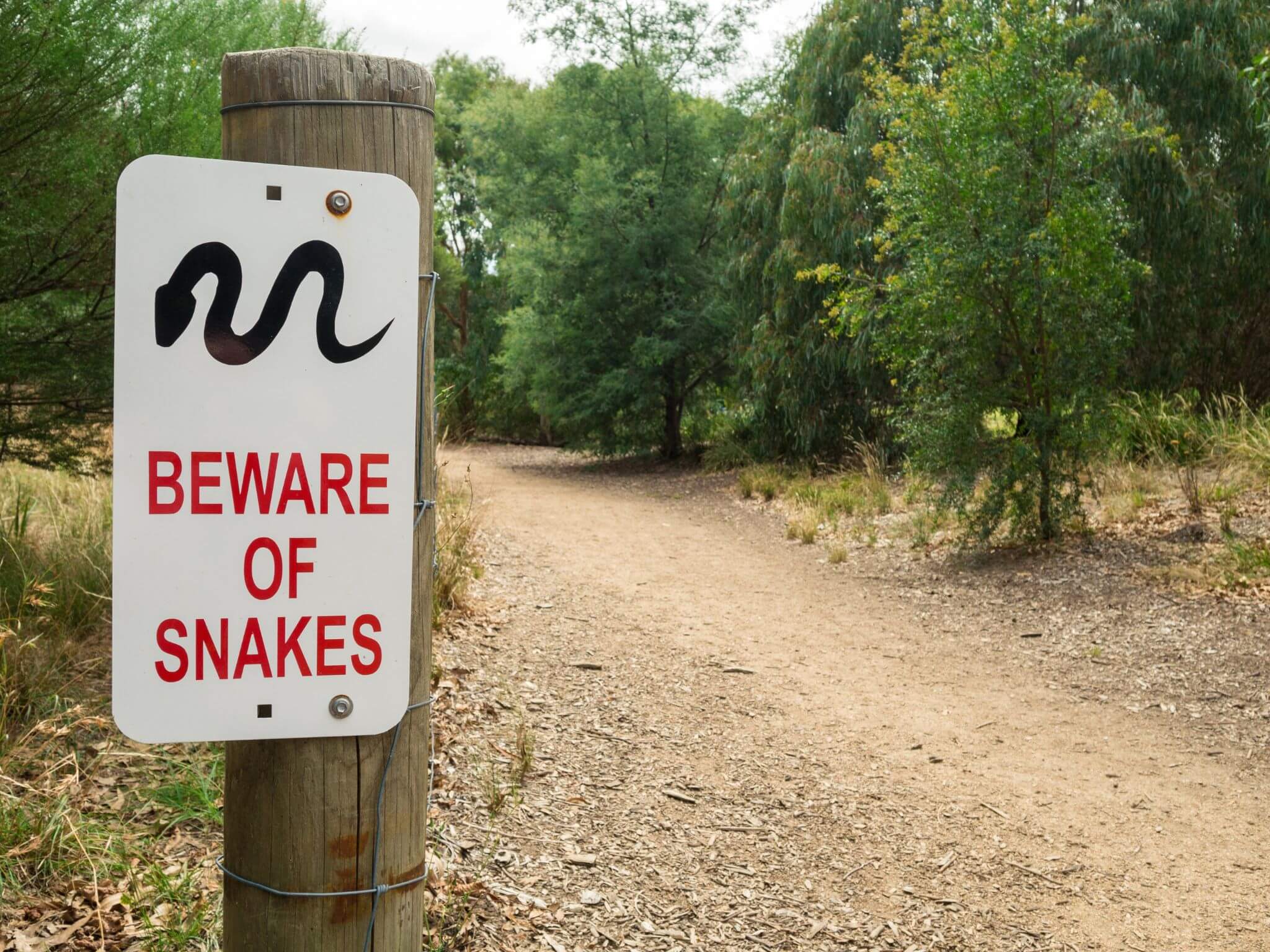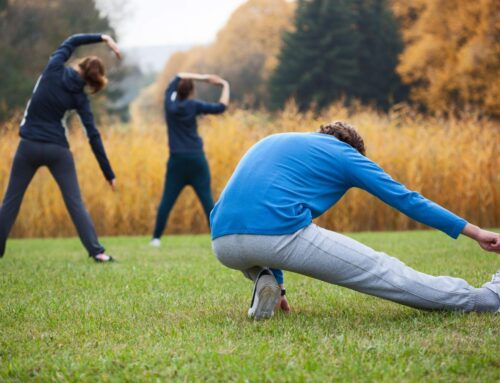Navigating Snake Safety

As the Australian summer lures us outdoors, it’s essential to be aware of potential encounters with snakes. Understanding these magnificent creatures and adopting safety precautions can ensure a safe experience when you’re out enjoying the warm weather.
Here are five crucial tips to keep in mind during your summer explorations:
- Educate yourself: Knowledge is your first line of defence. Familiarise yourself with the types of snakes in your region. Learn about their distinctive features, habitats, and typical behaviours. Understanding their patterns enhances your ability to identify and avoid them. A local wildlife guide or reputable online resources can provide this valuable information.
- Dress appropriately: When venturing into snake territory, wear suitable attire. Choosing long pants, closed-toe shoes, and high socks will minimise exposure to snake bites, especially in areas with tall grass or rocky terrain. Avoid sandals or open-toe shoes, as they leave your feet vulnerable to snake encounters.
- Stay on designated paths: Stick to well-marked trails and paths during your outdoor excursions. It’s easier to see what’s ahead on a cleared pathway so don’t stray off these designated routes, or you increase your risk of stumbling upon snakes hiding in the undergrowth. Remaining on established paths not only keeps you safer but also preserves the natural habitats of these and other native creatures.
- Remain calm and back away: If you encounter a snake, maintain your composure. Most snake bites occur when people panic and make sudden movements. Step back slowly and give the snake ample space to retreat. Avoid provoking or antagonising the snake, as this may lead to defensive behaviour. Observing from a safe distance allows you to appreciate these animals while ensuring your safety.
- Know emergency hotlines: Be prepared for any situation by keeping emergency hotlines accessible. Store the Australian Venom Research Unit’s 24-hour hotline (131126) and local emergency services in your phone or jot them down in your outdoor gear. In case of a snake bite, quick access to medical assistance is critical. Stay calm, describe the snake’s features if possible, and follow the advice of healthcare professionals.









